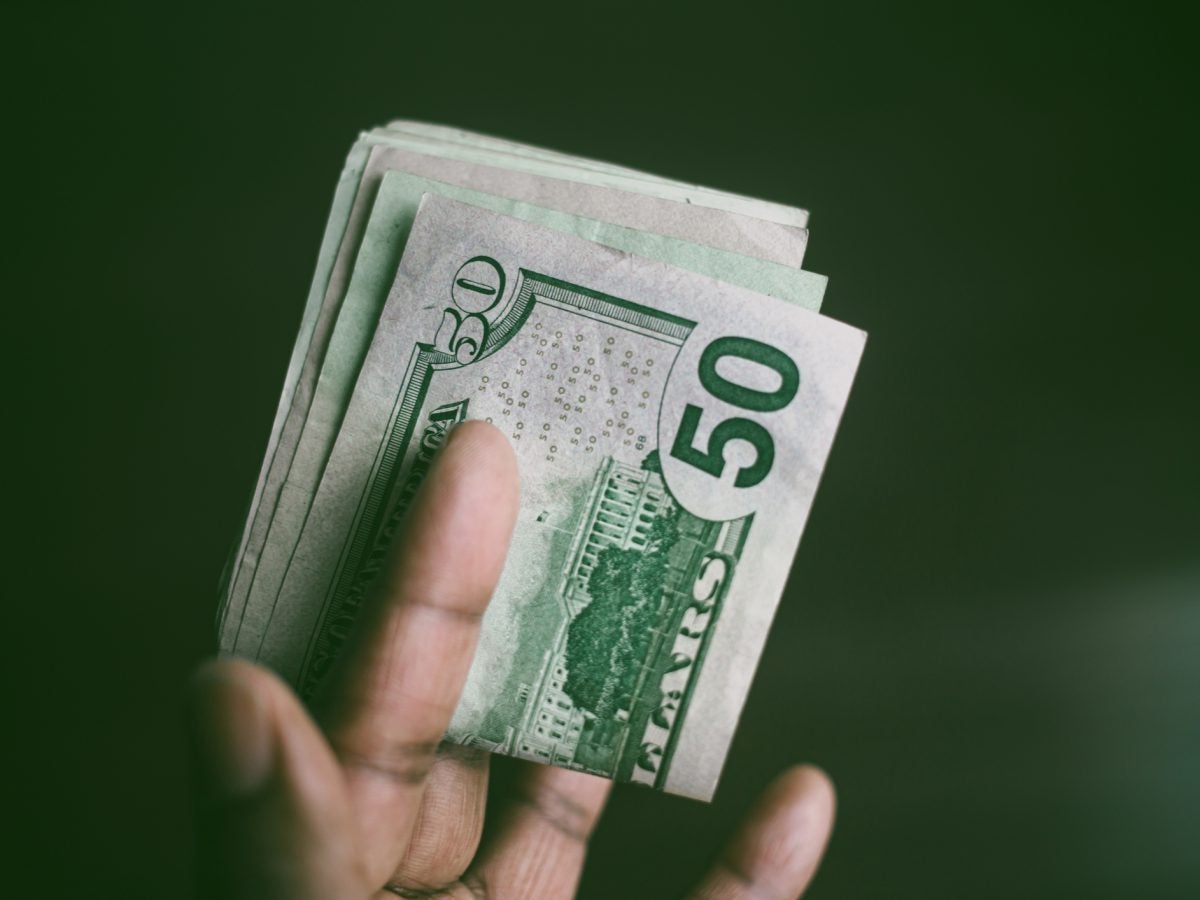
The housing market was devastated in 2007, leaving an entire generation behind the curve in financial advancement. More than a decade later, Black women have yet to recover, per new data.
A report recently released by from the National Women’s Law Center (NWLC), a DC-based non-profit gender justice organization, revealed that policies of today still fail to address the deep structural inequalities in housing that impact Black women, disproportionately.
“In the early 2000s, the failure by the federal government to prevent banks engaging in high-risk mortgage lending ultimately led to the 2008 financial crisis,” the report reads. “Banks were more likely to offer women of color, particularly Black women, high-cost mortgages, in which their mortgage interest rates were far higher than the average rate, before the crash. The
government’s response to the financial crisis failed to protect homeowners from foreclosure, among whom women of color were overrepresented, and instead bailed out banking institutions, leaving individuals and families in economic distress.”
It continues: “During the Great Recession, women of color were forced deeper into housing insecurity, and foreclosed homeowners also experienced negative equity, depleted savings, and higher debt. Homeownership by women of color did not recover for years, and some homeownership rates never recovered to their pre-financial crash levels. This loss of wealth and increase in housing insecurity made women of color more susceptible to the economic impacts of the COVID-19 pandemic.”
Despite these challenges, single Black women have still managed to surpass single Black men in homeownership rates. As previously reported by ESSENCE, a February 2023 report by LendingTree found that single women who live by themselves are more likely to own a home than single men in 48 of 50 states. The online lending platform analyzed data from the U.S. Bureau of Labor Statistics and concluded that while women earn 83.1 cents for every dollar a man makes, women make up a larger share of the country’s homeowners, with them owning 2.46 million more homes than single men.
Single women own about 10.76 million homes, while single men own about 8.12 million.